Over 27 million Russians live outside of Russia, as well as an extra few million Russian-speakers. Although many will adopt the language of their new home, this massive community still widely use their mother-tongue – including communication in virtual space. With all the information RuNet has to offer, Russians around the world will still search online in the Russian language.
However, there is often not easy and convenient access to Cyrillic letters/keyboards to enable users to write in their native language, so expats will instead use the so-called CrazyFont. It is crazy, indeed: Latin letters are used to write Russian words phonetically, often neglecting spelling and sometimes abbreviating the way we all do when, for example, we are sending a “txt msg”. One needs to be a native Russian-speaker to get any sense out of it.
And here you are – Russian-born search engine Yandex understands it! However, Google does not do so well. Let’s look at some examples.
If you try to search “arenda kvartiri” (flat for rent), Yandex guesses half-way what are you looking for and offers some options, both in Cyrillic and CrazyFont.
Google, however, has got no clue what is being asked.
Neither the local “.ru” version of it,
nor the “.co.uk” version (something that Russians in the UK, for example, would have pre-installed in their computers, presumably). All the suggestions Google comes up with have nothing in common whatsoever with the actual search intention. They are completely irrelevant.
Never mind suggestions, we will give both Yandex and Google a chance to perform an actual search on the whole sentence, let’s look for “ekskursii po zolotomu kolcu” (Golden Circle trip).
Yandex easily converts the enquiry into readable “ экскурсия по золотому кольцу” and offers highly relevant, quality links.
Yandex is very forgiving, too: even if a search request has some grammatical mistakes (underlined in red) it still recognises the true intention, and suggests highly relevant options:
On the contrary, Google.ru is guessing wrongly with “Did you mean” and only shows 2.5 relevant links – half a point was awarded for a link in English, which is relevant as such, yet does not match the language of enquiry.
Very poor quality results are delivered by Google.co.uk, too.
An interesting fact is that neither Yandex nor Google included PPC ads in search results.
Let’s check if there are any requests, still using as an example “Excurisija Zolotoe Kolco” (Golden Circle (Ring) Trip) request.
theme-combined searches, average per month | |||
Cyrillic Russian | CrazyFont Russian | English | |
~3000 | ~680 | ~1600 | |
Yandex | ~13,300 | ~ 360 | ~550 |
Surprisingly, according to Yandex data people searched for Golden Circle trip only 360 times a month, using Latin characters to spell Russian words – however, bearing in mind that Yandex is so good at guessing a search intention and offering correct options in Cyrillic, perhaps some of searches, initially written in CrazyFont, were converted into proper Cyrillic Russian half-way and therefore, sit within those 13,300 searches.
Nevertheless, no PPC ads are shown for such requests, as apparently, there is no established strong relevance between a targeted keyword in Cyrillic and the same word written with Latin letters.
Perhaps, it is worth checking your keywords in CrazyFont next time you are performing some Russian keyword research – the results may be quite interesting!



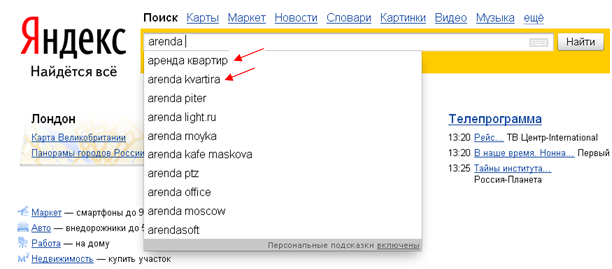
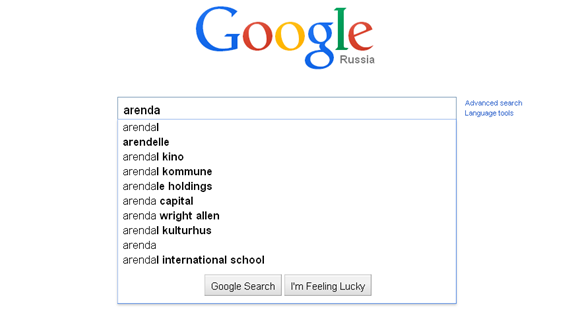
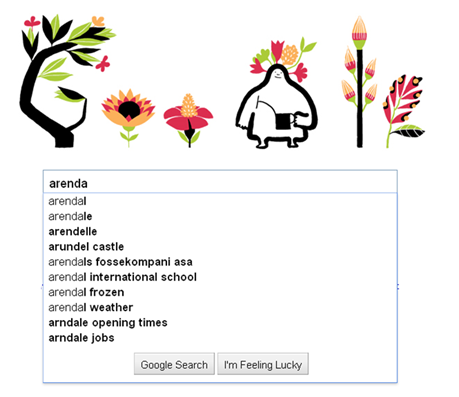
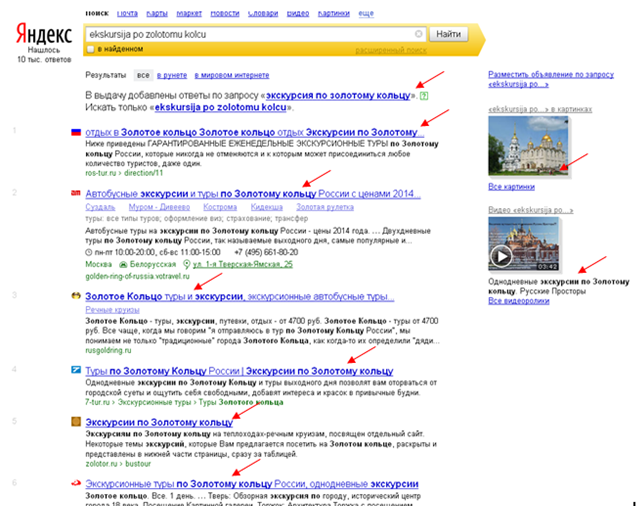

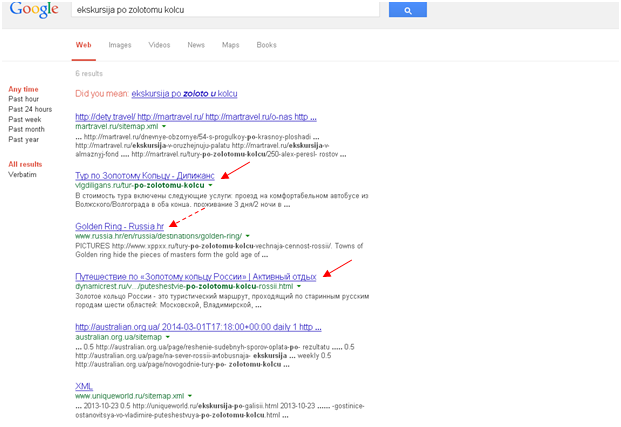
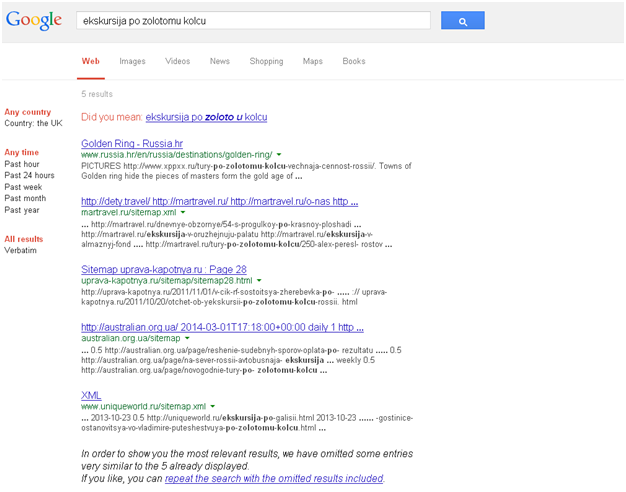







2 responses
Why Russian people outside of Russia would search “arenda kvartir” or “ekskursii po zolotomu koltsu”?
Thank you, Andrei, for your comment. Perhars, Russians would search for “arenda kvartiri” because they want to rent a flat while are on business trip for a month, for example? or thinking to move to Russia, possibly? I used it as an example.
As to Golden Circle excursion, I personally was searching for it, for we plan to visit Russia this summer, – and that how I came across an idea to write about it, as I have no russian keyboard and it’s easier to type in Yandex using CrazyFont, than to go to translit.ru – since results are delivered anyway 🙂